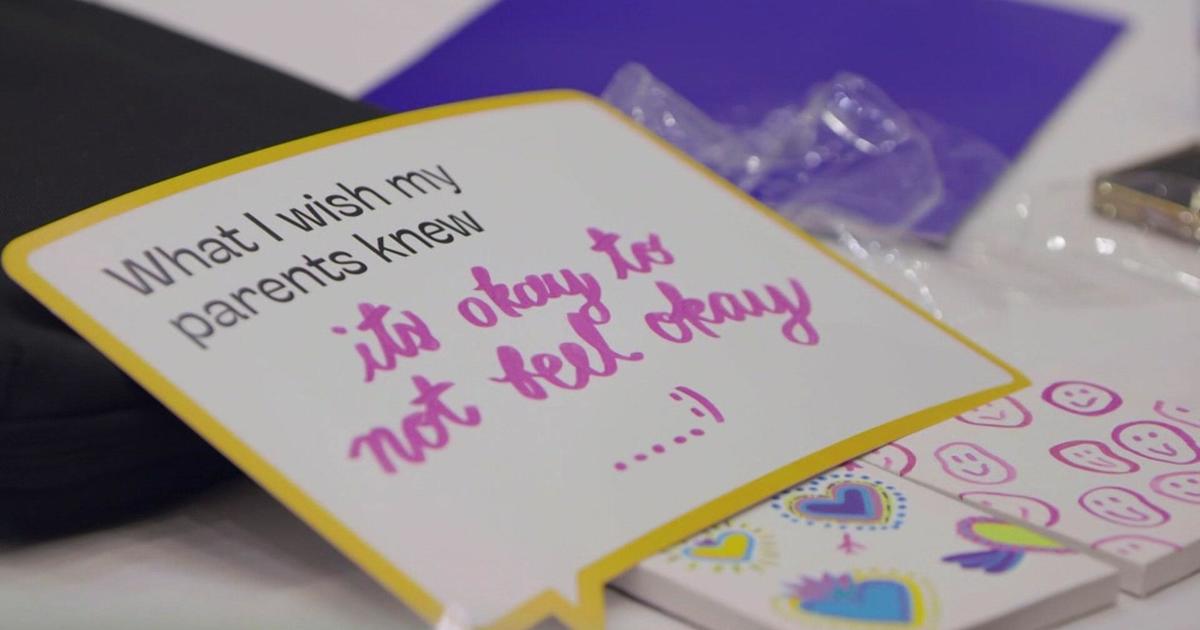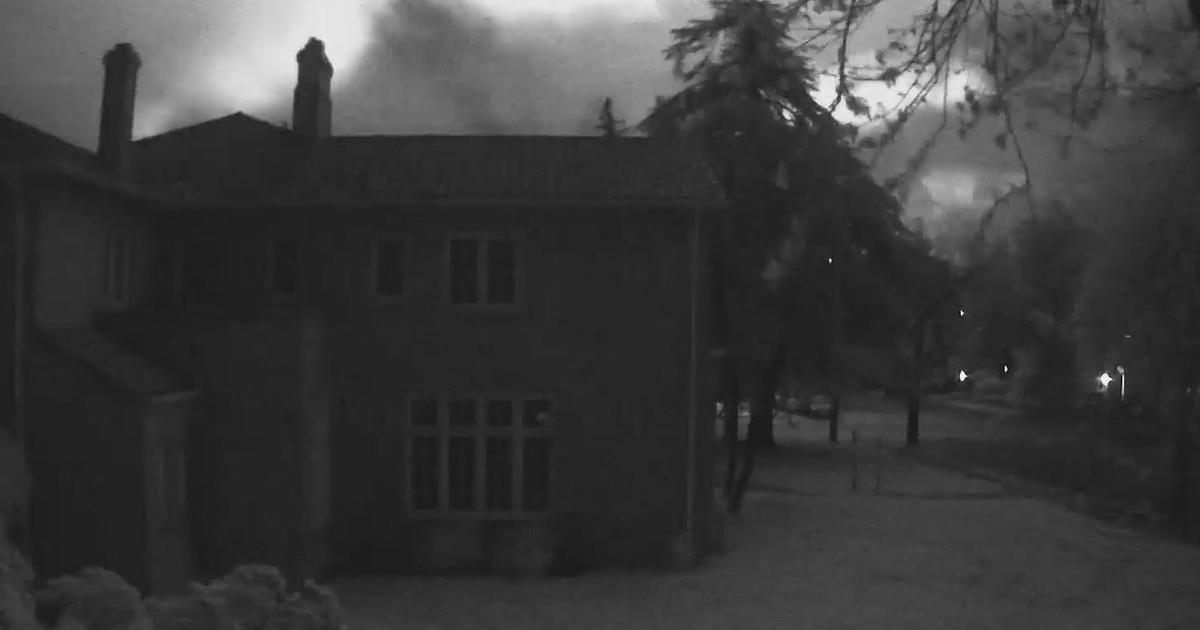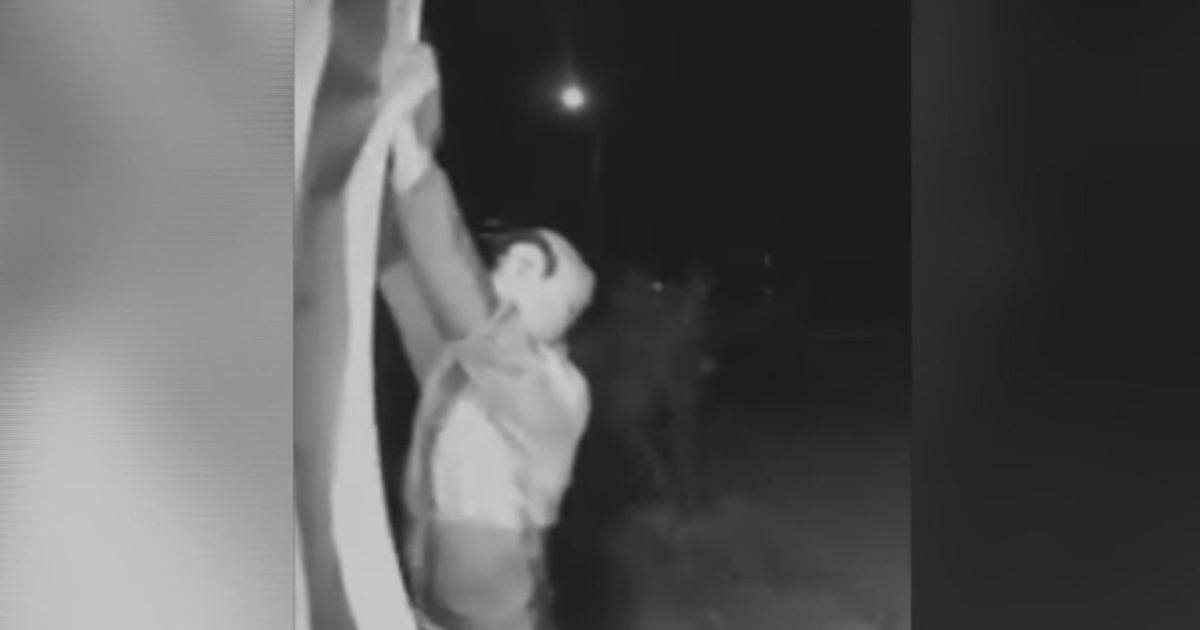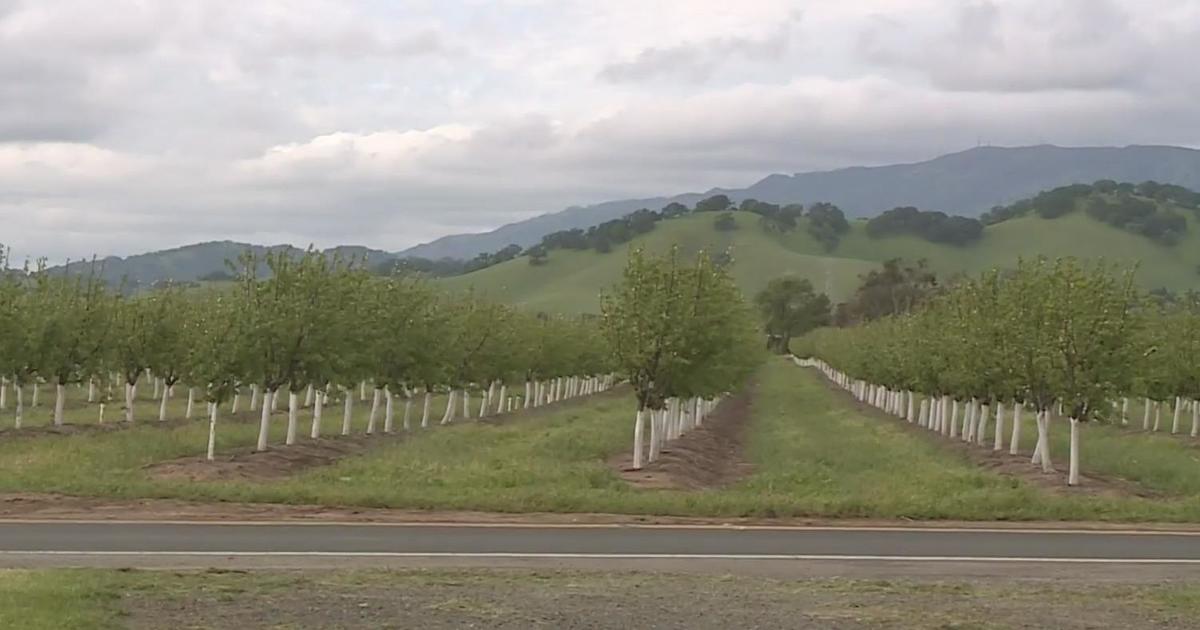San Francisco Courts Test New Approach To Homeless Crimes
SAN FRANCISCO (AP) — Courts around the country tried to ease the burden of fines and fees in the wake of riots in Ferguson, Missouri, in 2014 that brought attention to a torrent of traffic and other minor citations that saddled people with debt and even sent them to jail.
But legal observers say no court appears to have made as dramatic an attempt at reform as San Francisco, where judges no longer issue warrants to arrest people who fail to show up in court or pay tickets for infractions such as urinating in public, loitering or sleeping in a park — so-called quality-of-life crimes that advocates say target homeless people. The new policy also applies to traffic violations.
"I've never heard of anything like it," said Bill Raftery, senior analyst with the National Center for State Courts who has studied court efforts to address fees and fines.
San Francisco implemented the change in 2015, but it went largely unnoticed until late last year when its court took the additional step of tearing up nearly 65,000 outstanding warrants issued over five years for quality-of-life infractions.
The court still assesses fines and an additional $300 fee that it tries to collect through an outside firm. But it does not seek the person's arrest for failing to pay.
Many of the people facing the infractions were homeless and couldn't afford the fines, court spokeswoman Ann Donlan said.
"Throwing people in jail for sleeping on the sidewalk is not accomplishing anything," she said.
Travis Perot, 36, said he spent more than two years on the streets in San Francisco starting around 2015 — a period during which he was repeatedly cited by police for sleeping in parks or on the street. Paying the tickets was not an option.
"I never had the money to pay them," he said.
Even in progressive San Francisco, however, the move to stop issuing warrants faced sharp criticism from the mayor and head of the police union. Homelessness — ubiquitous in San Francisco — is a thorny political issue that has grown thornier still amid a technology industry boom that has made affordable housing scarcer.
The mayor's office told local newspapers that judges were shirking their duty and throwing away opportunities to help the homeless.
San Francisco Police Officers Association President Martin Halloran said the court was sending a bad message.
"We get thousands upon thousands of calls a year about quality-of-life concerns by the residents of this city," he said. "With no consequence now, with none whatsoever, there's no reason why anyone has to obey the law."
Citations can push the homeless to seek services through the court or nonprofit groups, and police have no intention of issuing less of them, said Robert Rueca, a San Francisco police spokesman.
"We know that there are other resources and diversion programs that these citations kind of instigate," he said.
The changes in San Francisco are among a slew of court reform efforts around the country following the shooting death of Michael Brown, a black teenager, by white police officer Darren Wilson in Ferguson.
A subsequent U.S. Justice Department investigation criticized Ferguson's court for "added fines and fees and arrest warrants that are unnecessary and run counter to public safety." Minor violations led to multiple arrests, jail time and exorbitant costs, and the burden fell disproportionately on blacks, the report found.
Soon after Brown's death, Ferguson abolished some court fees and limited the amount of court revenue the city could use in its general budget.
Following a lawsuit, the neighboring city of Jennings did away with warrants when people failed to pay fines on time for traffic violations and other minor offenses, and required the court to warn people before issuing a warrant for failure to appear in court.
Like San Francisco, both cities also tore up thousands of old warrants, said Thomas Harvey, executive director of the St. Louis civil rights law firm ArchCity Defenders, which has sued cities in St. Louis County over court fees and fines.
Elsewhere in the country, California enacted legislation in 2015 that offered some people with unpaid traffic tickets reduced fines and the cancellation of warrants. Atlanta's municipal court offered a similar amnesty program over several weeks last year.
Where San Francisco goes further is in its decision not to issue warrants at all anymore, even when people miss court dates or simply ignore fines.
California's chief justice recently directed court officials to explore shifting minor traffic violations from criminal court to civil court, where officials say bench warrants wouldn't be in play.
Legal advocates say removing the threat of arrest is a great benefit to homeless and indigent defendants, who may lose out on jobs and housing if prospective employers and landlords see that they are subject to arrest.
"I've seen people who basically don't make it to court, get the bench warrant, and it messes up the rest of their lives," said Ken Theisen, an advocate with Bay Area Legal Aid. "Arresting these people does no good."



